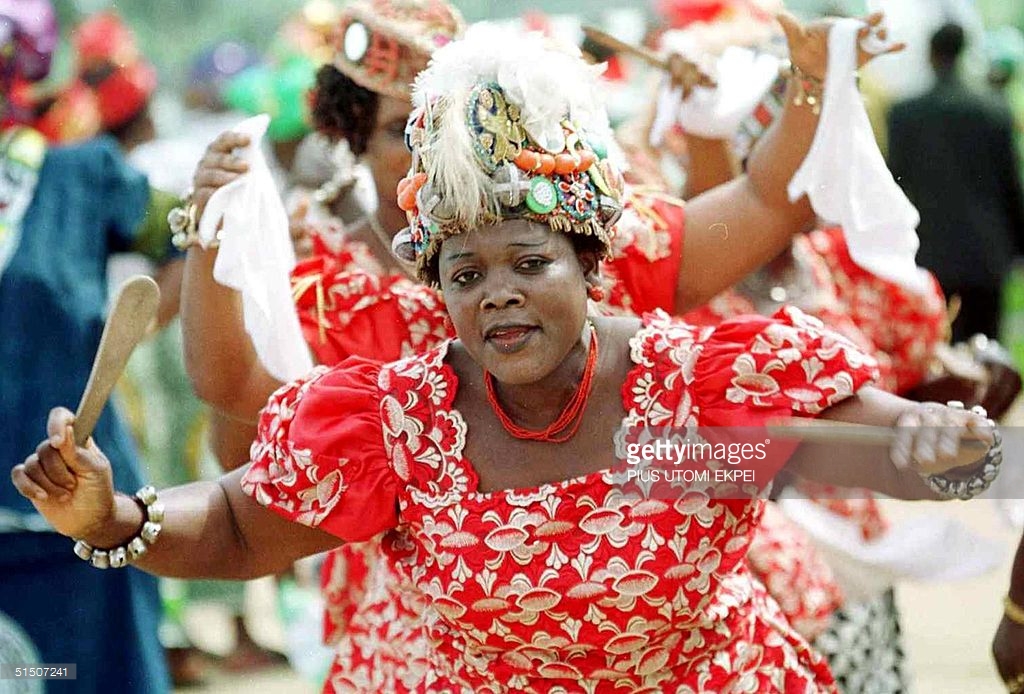
A young Maasai man greets his elder
Yeyo in Maasai culture. Learn other common greetings.
World over, there are various ways of greeting. And greeting itself is one of the commonest form of communication in any culture. Greetings vary from a handshake, hug, kiss on the cheek. In the culture of the Maasai people of Kenya, find the following intriguing ways of greeting:
Ero supai? How are you? (men greeting men)
Nairo supai? How are you? (men greeting a girl)
Yeyo takwenya (men greeting a woman)
A proper response to this could be, Sidai, meaning, I am good.
Keyaa – What’s up?
Ole sere – bye bye
Kidua enejo engai– see you if god wishes
Inosu loomon– how is everything? I want to highlight this phrase because, in response to this greeting, simply saying that everything is good does not suffice. To properly respond to this question, you have to tell of everything going on with your family since you last saw each other. This is, in part, how information gets spread. Further, it is important to follow up your initial greeting with the questions: How are the children? How are the cattle? – “Keyaa ingera? Inguishu?”
You might have noticed above that in asking how someone is doing, there is a change in the word choice and structure of the question itself depending on who you are speaking to. There are further distinctions to be made when greeting someone in Maasai society.
An important distinction in Maasai culture is that between a boy and a man, distinguished by whether or not the person has undergone the circumcision ceremony. A boy will greet those who are older by bending their head and waiting for the older person to touch their head in greeting. However, once they are a man, a warrior, the proper greeting becomes a handshake. Women will continue to bend their heads in greeting to those who are older than them for longer and will begin to shake hands when they have one or two kids. That being said, a Maasai woman will always bow her head in greeting her father. An older person may greet a younger person with a little spit as a blessing; this signifies that the older person has not seen the younger person for a long time and so they will bless them.
Returning to the distinction between a boy and a man, or warrior. Warriors will place their spears outside of houses when they are visiting to signify that they are there. Culled from




Recent Comments